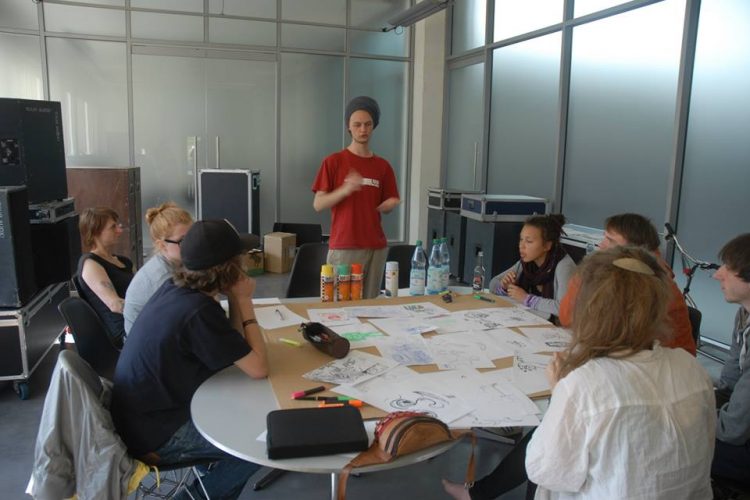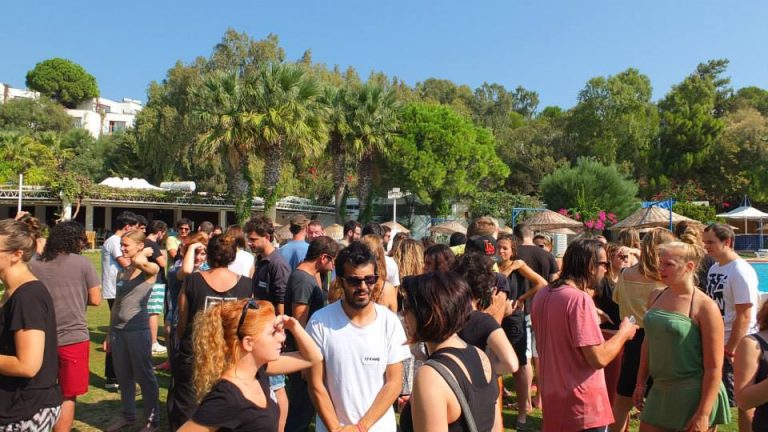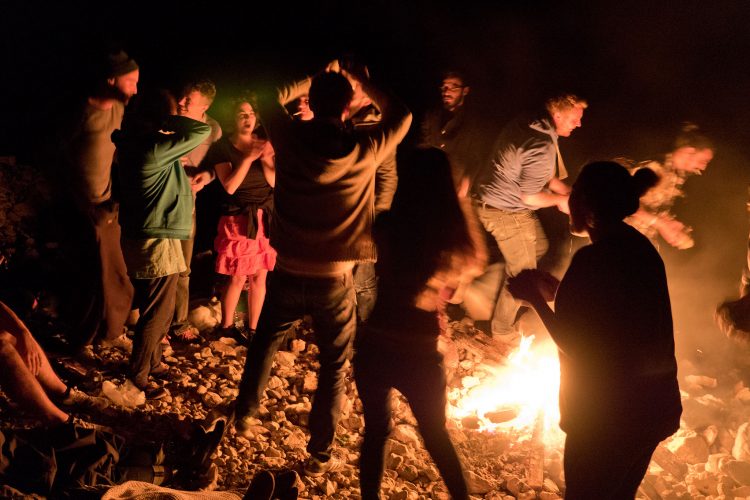

Multipliers of Non Formal & Intercultural Communication
15 – 23 April 2017
Antalya, TURKEY
Training Course
Training Course “Multipliers of Non Formal & Intercultural learning” will bring together 39
participants for 8 days in Turkey.
COUNTRY: Croatia, Finland, Portugal, Poland, Estonia, Former Yugoslav Republic of Macedonia,
Czech Republic, Germany and Turkey.
PARTICIPANTS: 39 participants (4 from each country),
Food and accommodation for activities will be fully covered by the project.



